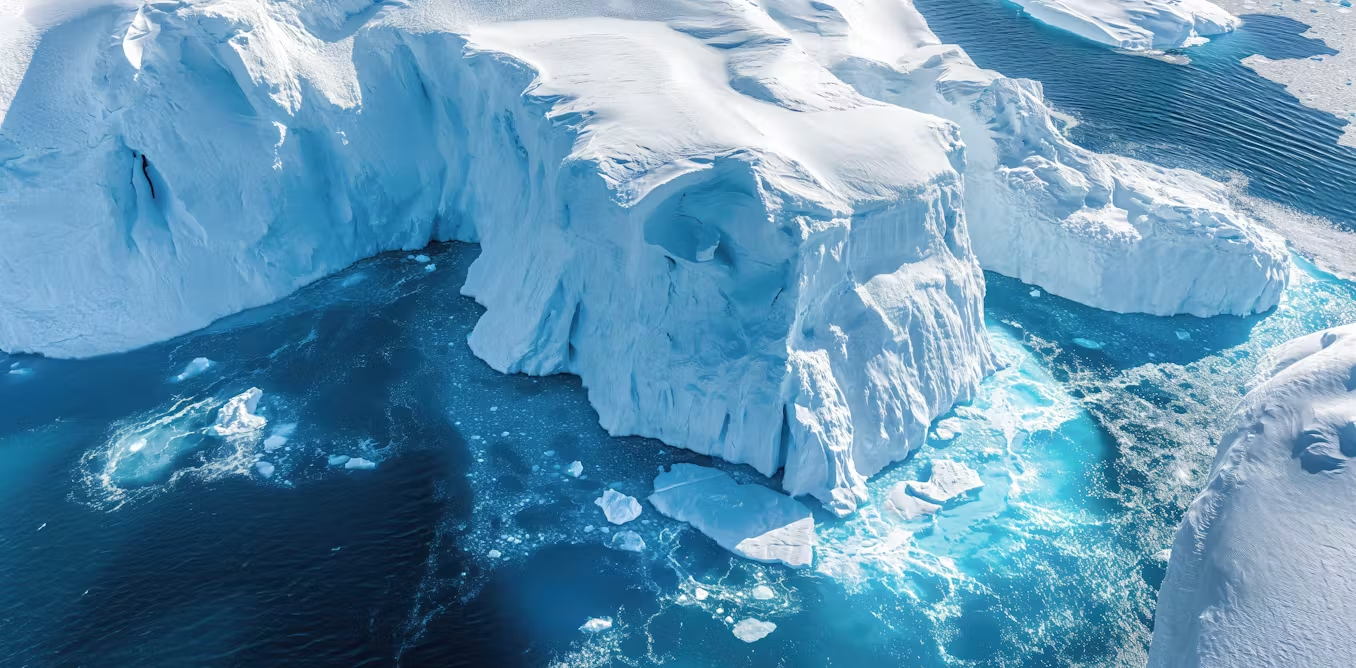The Antarctic Circumpolar Current (ACC), one of the planet’s most powerful ocean currents, is reportedly losing strength due to the increasing influx of cold meltwater from Antarctica. This weakening of the ACC could have profound consequences for global ocean circulation, with scientists predicting it could slow by as much as 20 percent by 2050. The ACC plays a crucial role in regulating heat exchange between the oceans and influencing global climate patterns. As it weakens, it could trigger a series of changes, affecting sea levels, ocean temperatures, and marine ecosystems across the globe.
A recent study published in Environmental Research Letters sheds light on how the Antarctic ice melt is influencing the ACC. Led by Bishakhdatta Gayen, a fluid mechanist at the University of Melbourne, the research utilized one of Australia’s most advanced climate simulators to examine the complex interactions between the ice sheet and the surrounding ocean waters. The study found that the addition of fresh, cold meltwater into the ocean disrupts the density of the water, weakening the convection processes that typically drive deep ocean circulation. This alteration reduces the efficiency of the ACC, leading to a slowdown in its overall movement.
The consequences of a slower ACC could be far-reaching. One major concern is that as convection weakens, warm ocean water could travel deeper into Antarctic waters, accelerating ice melt and contributing to the rising sea levels. This process would exacerbate the impacts of climate change, as rising sea levels pose a direct threat to coastal communities and ecosystems worldwide. Moreover, the weakening current could allow invasive species to penetrate the Antarctic coastline, disrupting delicate marine ecosystems. Gayen likened the change to a “merry-go-round,” suggesting that slower currents could enable faster migration of marine organisms toward Antarctica, further altering the region’s biodiversity.
As scientists continue to monitor the changes in the ACC, it is becoming clear that the impact of this shift will extend beyond Antarctica. The weakening current is expected to affect global ocean circulation patterns, potentially altering weather systems, nutrient flows, and marine life distributions across the planet. Long-term monitoring and further research will be essential to understanding the full scope of these changes, as scientists are only beginning to study the detailed behavior of the ACC and its role in Earth’s climate system. The disruption of this powerful ocean current could be one of the more significant challenges in understanding how global climate change will unfold in the coming decades.


















